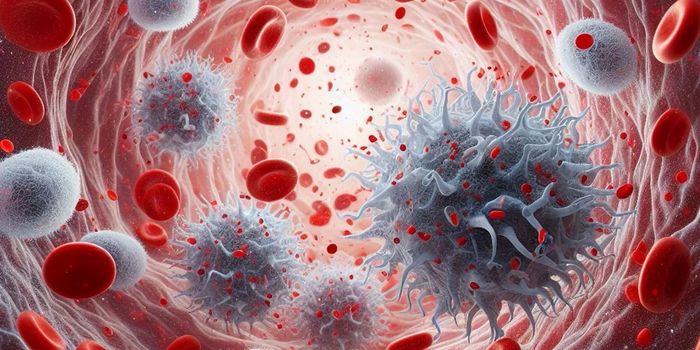Filling up on processed foods is usually easier than planning and cooking a healthy meal, but a new study shows that taking the time to cook with fresh ingredients could do more than help prevent weight gain.
A new study from the Technion-Israel Institute of Technology and the Aesku-Kipp Institute in Germany indicated a link between eating processed foods and the development of autoimmune diseases, both of which have been on the rise in the past few years.
“Since the weight of genetic changes is insignificant in such a short period, the scientific community is searching for the causes at the environmental level,” said Professor Aaron Lerner, one of the study leaders.
According to the
National Health Service, any food that has “altered from its natural state” counts as “processed.” This includes cereal, cheese, microwave meals, and soft drinks. These foods are also usually high in sugar and sodium.
Image Credit: sustainontario.com
Lerner and study co-leader Dr. Torsten Matthias aimed to make a connection between the onset of an autoimmune disorder and consumption of these processed foods. An autoimmune disorder can develop when the body’s immune cells misguidedly attack the body’s own healthy cells as if they were pathogenic cells (
MedlinePlus).
Their study found that certain food additives from processed foods that either do not exist in non-processed foods or are present in lower amounts are weakening the tight junctions in the intestines. When these junctions falter, toxins can enter the bloodstream and lead to the development of an autoimmune disorder.
Food additives:
- Glucose
- Gluten
- Sodium
- fat solvents
- organic acids
- nanomateric particles
- microbial transglutaminase
Although the food additive market is not very well regulated, Matthias and Lerner hope that the results from their study can help to convince people to eat less processed foods.
Source:
American Technion Society









